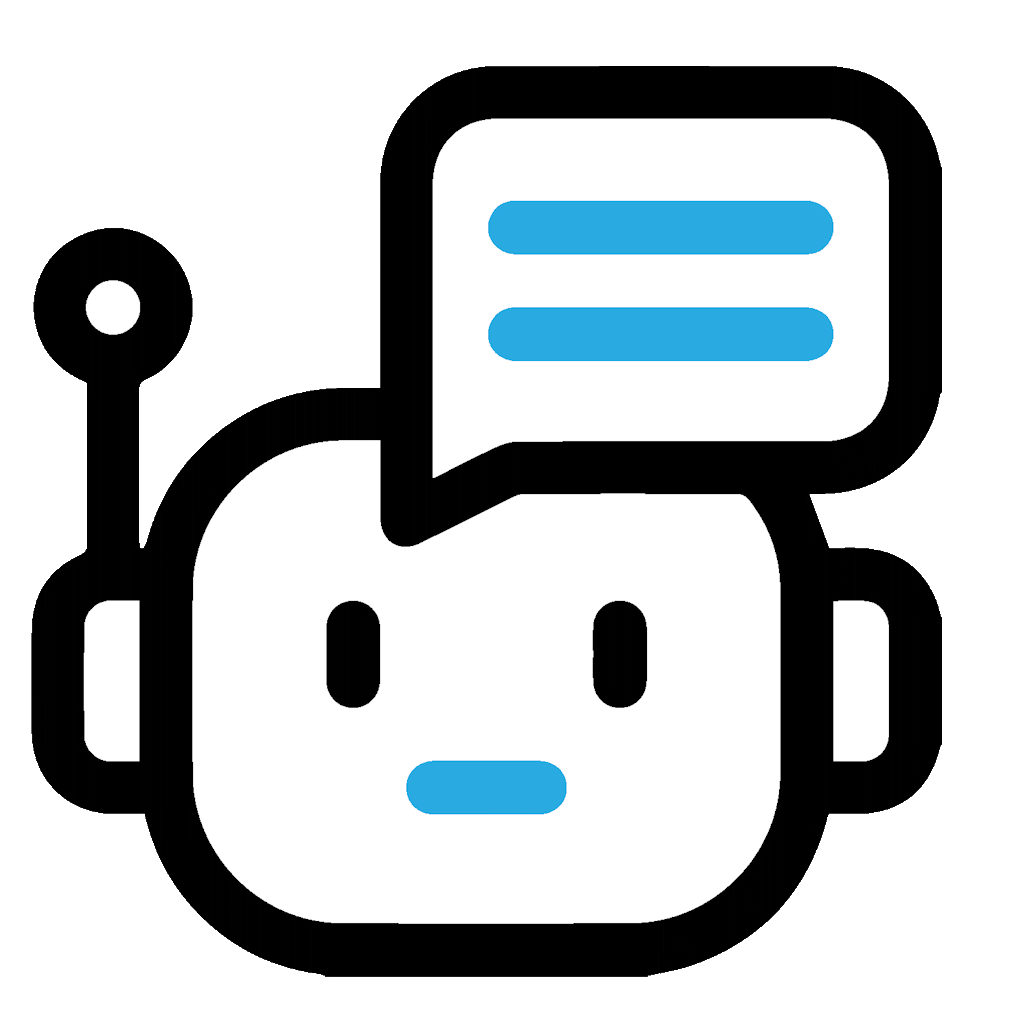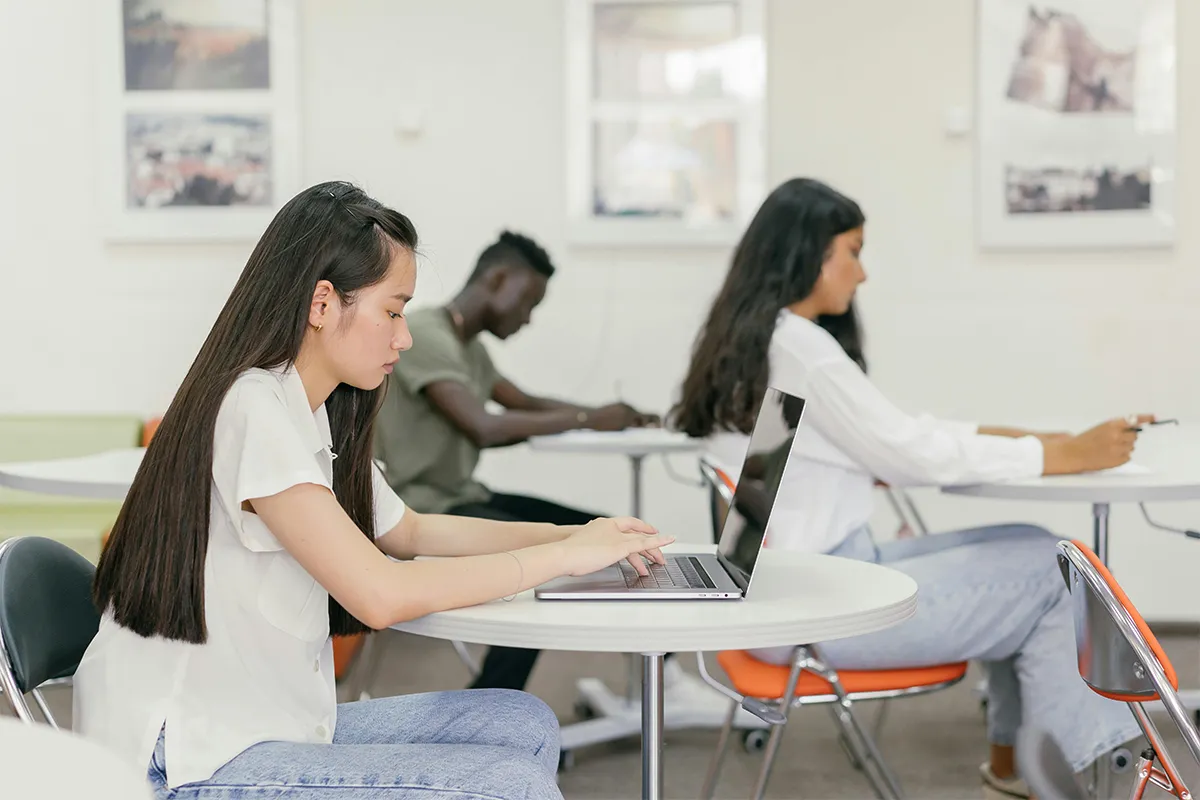Technology has progressed in every stage, and ours is no different. It has entered almost every industry, be it professional, domestic, state, or academic. You will find the role of technology in the advancement. It has made life easier, more reliable, and more productive. With the introduction of commercial use of Artificial Intelligence (AI), the technology has touched new heights.
The use of technology in school should be promoted for a stronger educational structure based on new advancements of the age. It is imperative to implement technology in academic institutions, from universities to elementary schools, for a good future.
How do you use technology in school to cheat legally and ethically? It is called collaboration, which allows the use of technology with wise use. The tools and resources like AI, research tools, educational apps, time makerspace management software, and note-taking applications are there to assist. These technological resources make tasks easier and save time and energy.
Technology makes students adaptive to safely handling the multi tasking, good time management, and successfully completing the goals on time. Therefore, it is safe to make use of technology while remaining under the legal and ethical parameters.
Cheating vs. Collaboration
Collaboration and cheating can sometimes look similar. When students copy or submit someone else’s work, it is academic dishonesty. It is important to know the rules and ask questions if you are not sure.
Keeping personal academic honesty is very important in education. It means following ethical rules, being honest in your work, and not doing things that can be seen as cheating. Keeping honesty builds trust and shows the value of your work.
Technology as a Learning Tool
Technology can help students reach their best. It makes information easy to find and learning fun. The hard part is using these tools in the right way. Students need to care about their understanding and growth more than quick answers. This way helps build skills that last after school.
1. Online databases: Online databases are useful for students. They give access to many resources on different topics. This saves time and helps students find good information. Academic journals have deep studies that can help understanding. These journals let students learn from experts. Using good study guides can also help in exam preparation. These guides explain difficult topics and give useful tips.
2. Educational apps and platforms: Many educational apps and platforms make learning simpler. Flashcard apps help students remember important words quickly. They make studying fun. Learning management systems keep all course materials in one place. These platforms let students see assignments and talk with teachers. Peer tutoring platforms connect students who want to help each other. Students can create a network and share knowledge.
3. Online study groups: Online study groups can help with knowledge and confidence. Working with friends makes learning fun. Students can work on tough subjects together and clear up questions. Online platforms have spaces for these groups to meet. There are many choices, such as social media and special apps.
4. AI and online tutoring services: AI, online tutoring services, and ChatGPT can change how students learn. Many companies give personalized help. They can change a student’s learning style and speed. This can help students who have trouble with some subjects. However, students must use them ethically. It is important to use these tools to help learning, not to take its place.
5. Note-taking applications: Note-taking applications change how students learn. These tools make it easy to collect and organize information. Many note-taking apps let students add text, images, and links. They can record audio during lectures, too. This feature helps when students cannot write everything down. Getting notes in different forms helps memory. Students can tag notes to find them later. Organizing notes by subjects or projects helps with focus.
Good note-taking is a skill that helps learning. Students should use bullet points and headings to make ideas clear. Writing summaries after lectures helps to process information. Using colors and different fonts can make notes more interesting. This also helps to find key points more easily. Mind maps are another helpful way for visual learners. They connect ideas in a way that makes sense for the student.
6. Time management software: Time management software can change the studying experience. These tools help students balance schoolwork and personal life. Setting deadlines and reminders makes it harder to put things off. Students can put assignment due dates and exam schedules into the software. Alerts help them stay on track and avoid stress at the last minute.
Making a study schedule is a good way to prepare for exams. Students can break down subjects into small parts. Planning daily or weekly study sessions helps them cover everything. Following a plan keeps students motivated.

Ethical Considerations
Every student needs to understand academic policies to use AI in the classroom. Each school has rules that say what cheating is. Reviewing these rules helps avoid confusion. Not knowing the rules is not a reason. Ignoring the rules can lead to serious problems like failing grades.
Respecting intellectual property is important, too. Citing sources shows respect for original authors. Students must always give credit for ideas that are not theirs. Plagiarism checkers help make sure their work is original. This technology helps to build good writing habits. Students need to use these tools to learn and grow. Discovering a voice in writing requires honesty and integrity.
Seeking Help Without Compromising Integrity
Talking with teachers and mentors helps students a lot. There are AI tools for teachers that help them in improving education. Good communication creates trust between them. It allows students to feel comfortable to ask questions. They can explain the challenges that they have. When students reach out, they show a desire to learn.
This effort can lead to better understanding. Students can ask for clarification on assignments. They can request examples or extra resources. This clears confusion and increases their chances of success. When teachers see this effort, they usually provide more help.
Academic support services are helpful resources. Schools offer many options to assist students. Tutoring centers give personalized help. Students can work one-on-one with tutors. This focuses on their specific needs. Tutors can explain difficult ideas in simple language. They can also help students with homework and projects. These services create a supportive learning environment.
Writing labs gives great support for students. Many students struggle with writing assignments. Writing labs help them to improve their skills. Students learn to structure essays and make strong arguments. They also receive feedback on their work. This feedback helps them to understand their strengths and weaknesses.
Conclusion
In conclusion, students must seek help in ways that preserve their integrity. Using technology and resources in the right way is important for real and valuable learning. Students should talk openly with teachers. They must also use academic support services. These actions help students grow both academically and personally. Good habits help students understand better. They also build a strong base for learning throughout life.
There are methods and a systemic way of avoiding punitive consequences if you are caught using AI at school. This comprehensive guide can help you bypass the drastic consequences.
When students use technology in a good way, it is a strong tool. Technology should help students, not take away their effort to understand. Students need to see technology as a helpful partner in their education. This helps them develop skills that are important for the future. Students can do their best in school when they stay curious and work hard at learning. They can prepare for success after school.

